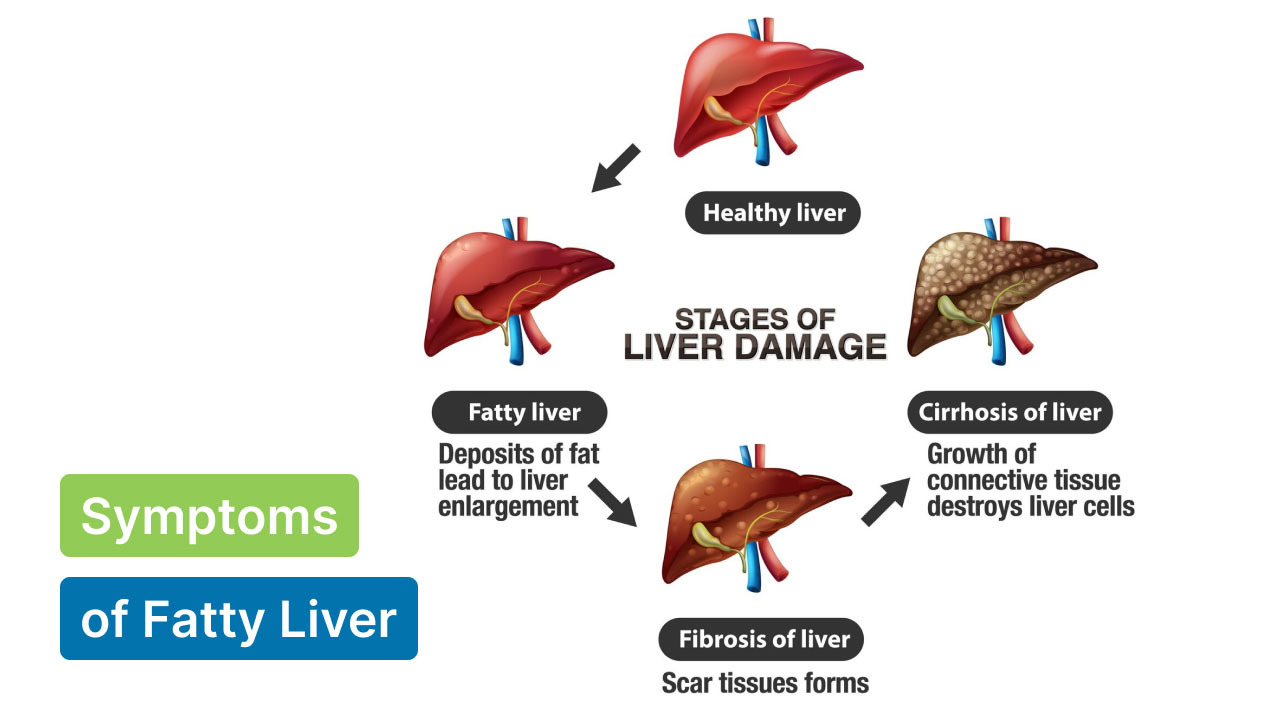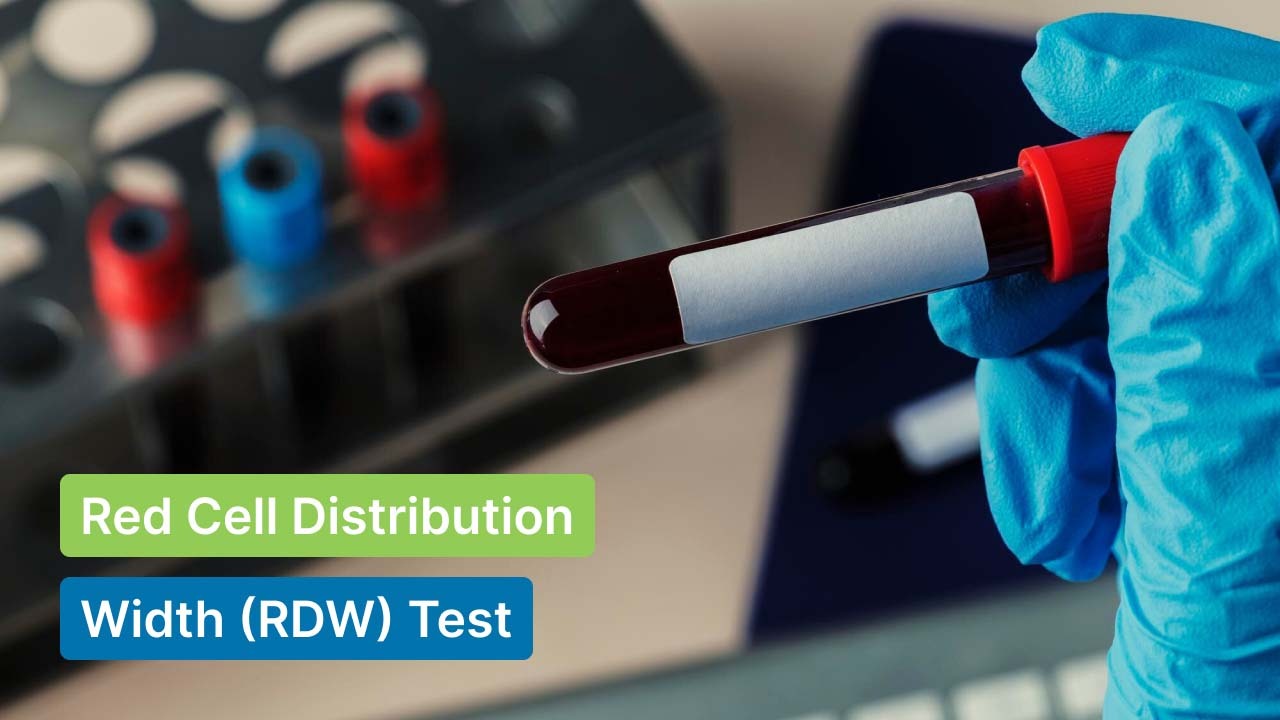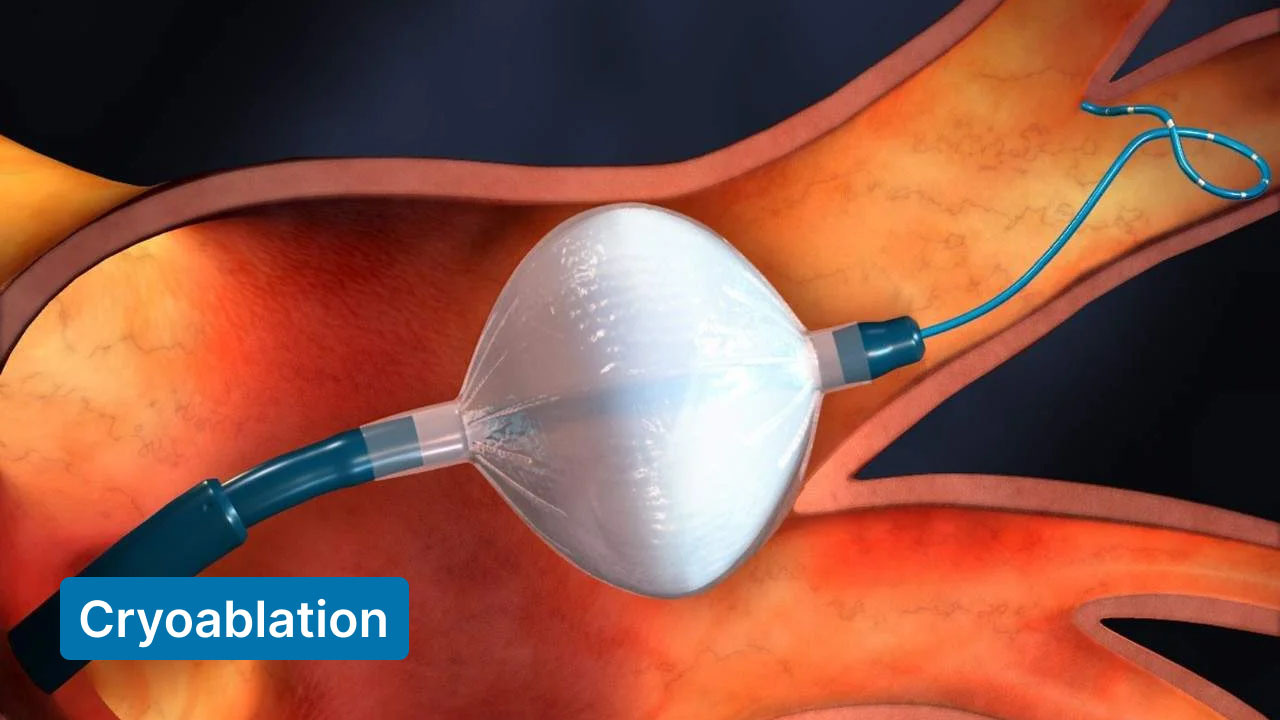
You may be acquainted with the terms metabolism or even metabolic rate. But have you ever come across the concept of metabolic age (MA)?
There's not much research around this concept, but here's what we know.
Metabolic age is one of the advanced markers of metabolic health. It’s all about the amount of calories your body burns at rest and how that compares to other people of your age. It's a good indicator of your efficiency in burning the calories you consume.
Your metabolic age indicates how well your metabolism is functioning relative to your real age. A lower metabolic age suggests that you're just healthy and right! Think of it as your body is younger or older than your real age. But what is it, and why is it important to know?
Read on to get a detailed understanding of metabolic age and how to calculate and improve your metabolic age.
Understanding Metabolic Health, Metabolism, and BMR
Before defining metabolic age, we have first to understand the basic terms, including metabolic health, metabolism, and BMR.
a). Metabolic health is a very important medical concept that specifies how well your body absorbs nutrients and energy from the food you consume.
b). Metabolism is a set of reactions that take place in living cells to maintain life and slow down as we age. These processes include blood circulation, digestion, cognitive function, and others.
Your body uses a specific amount of calories to complete each of these metabolic processes, and BMR is used to count these calories.
c). BMR, or Basal Metabolic Rate, is the amount of energy (in the form of calories) your body burns while at rest daily. For example, your stomach is digesting the food you just had a while ago. Or your heart is pumping blood through your veins, even when you're resting.
As we age, our metabolic rate changes. For most people, our BMRs are highest when we are young and peak in our late 20s. After this point, it typically begins to decline. A low BMR means you have to eat fewer calories to lose body weight.
So, What Is Metabolic Age?
Metabolic age or MA is a measure of how fast or slow your metabolism is relative to other people your age. It gives a better picture of your health compared to just your age.
The healthier and fitter you are, the lower your MA will be (but it shouldn't be too low).
The American Council of Exercise has a detailed chart breaking down calorie intake and body fat percentages by gender and age.
You can check your MA corresponding to the dataset that closely matches your BMR and body fat percentage. We will explain how to calculate your BMR later in this blog.
Metabolic Age vs. Chronological Age
Chronological age is simply the age we're all accustomed to. It means how old we are in years. It gets longer with every year that goes by.
On the flip side, metabolic age isn't measured the same way. It refers to how much energy your body consumes at rest when compared to persons of the same chronological age.
You can call it a physiological age of your body’s metabolism. But do you need to know your metabolic age? How is it helpful?
What is The Importance of Metabolic Age?
Knowing your metabolic age or number is not mandatory. It's just a method to evaluate your health if you have access to tools to estimate your BMR precisely.
However, markers of metabolic health like insulin resistance, body composition, and inflammation are probably more important.
On top of that, being aware of your metabolic age can motivate you to stay healthy and active in your life and, above all, prevent aging. A higher MA may indicate that your body is aging at a faster rate metabolically.
How To Calculate Your Metabolic Age?
You can easily estimate your BMR, but calculating metabolic age is quite complicated.
Firstly, know that BMR is based on your age, sex, height, and weight.
As explained before, basal metabolic rate is the amount of calories needed to maintain basic bodily processes while at rest, without any external influences.
This is fairly similar to resting metabolic rate (RMR), which is the no. of calories you burn outside of physical activity.
To calculate your metabolic age, here's a basic formula for BMR:
- For men: BMR = (10 × weight in kg) + (6.25 × height in cm) − (5 × age) + 5
- For women: BMR = (10× weight in kg) + (6.25 × height in cm) − (5 × age) − 161
Note that this equation is not 100% accurate. You may find errors of about 10-35%, in calculations.
This formula is famously called the Mifflin St. Jeor Equation. Once you're done with calculating BMR, you can use it to find out your metabolic age.
Let's take an example to understand it better:
Assume you're a woman aged 30, with a 68 kg weight, and 5 ft tall.
Using the above formula, your BMR is 1,321.5.
Now, you can compare this value to the metabolic age chart showing the BMR of other people of your age. That will be your Metabolic age.
This estimated number signifies that a value that is the same or younger than your actual age indicates good metabolic health.
Note that you will need data from other people your age to determine your relative metabolic age. Speak with your physician, dietician, or personal trainer, if you're interested in finding out what your metabolic age is.
Now, you might be wondering what your MA should be. Let’s find out.
What Is The Ideal Metabolic Age?
If you have a lower metabolic age, it typically means you have good health and a lower risk of serious health issues. But, if you find your metabolic rate is higher than that of your chronological age, something is off with your metabolic health, and you may need to improve that.
For example, if your age is 35 years, and your metabolic age happens to be 30, there's nothing wrong with it. This is, of course, normal; you're completely healthy and fit.
But what if it's more than your actual age? That means if you are 35 and your metabolic age turns out to be 40 or older, you're unhealthy. You need to start working on reducing your metabolic age.
These could be due to several factors, such as low-calorie intake, poor sleep quality, and altered body composition. Let's discuss how you can enhance your MA.
How To Improve Metabolic Age?
No matter what BMR is, there's always room for improvement. As explained before, if your metabolic age is more than ten years older than your real age, you need to start making changes.
These simple habits can help you improve your metabolic health and lower your risk of related disorders such as diabetes and heart disease.
Here are some of the lifestyle changes and habits you can apply:
i) Eat more protein –
The best way to stay healthy is to make dietary changes. And when it comes to diet, protein is a must. Your body will require a decent supply of essential amino acids in order to build muscles.
You won't be able to gain muscle mass if you're not receiving enough protein. At times, you may lose muscles, which will lower your metabolism. This, in turn, affects your BMR.
So make sure you consume enough protein every day, especially when you are performing strength training. Be it in the form of food (meat, eggs) or supplements (whey protein). Protein bars have also been a popular source of protein today.
The recommended protein intake for active adults is 1-2 g of protein per kg of body weight. However, note that protein needs are different for everyone. So Contact a doctor or dietitian to discuss any dietary changes.
Not just protein but also micronutrients like vitamins and minerals are important for building muscles. Consuming enough calories also matters in improving BMR.
ii) Focus on muscle-building exercises –
Of course, moving your body is important for many reasons. In terms of metabolic age, lean mass is a huge factor. In other words, increasing your muscle mass helps increase your BMR.
Research shows that our metabolic rate drops by 1-2% every year as our bodies naturally lose skeletal muscle. That means, as we get older, our muscle mass begins to fall off, accelerating the decline in metabolic rate.
This is why it's important to focus on muscle-building workouts to maintain muscle mass (and metabolic rate).
Strength training or weight lifting has been shown to increase BMR. Besides, being active in general can help you maintain a healthy weight and bring down your metabolic age.
So, keep moving, and start indulging in core strengthening exercises to get an intense burst of activity. High-intensity interval training (HIIT) is also a great workout for your muscles. Give it a try! Walking and running may also help if you don't like to exercise.
iii) Prioritize your sleep –
Aside from a healthy diet and physical exercise, getting adequate sleep is also important. Many people don't get enough sleep due to their busy lifestyle, which is extremely bad for your health.
The truth is you should get at least 7 hours of sleep so that your body can function properly. Moreover, this will help slow down your aging process.
A scientific study has revealed that sleep plays a key role in energy metabolism. That's why people with insomnia tend to have higher resting metabolic rates.
So, try to get enough sleep to improve your metabolic age.
iv) Manage your stress –
Stress is a common thing that harms our health in many ways. It may cause your body to retain fat, make you gain weight, and even make it more difficult to build muscle. Prolonged stress can also exacerbate inflammation.
So, try to reduce your stress as much as you can. This will improve your digestion and your ability to absorb nutrition. Consequently, you’ll have a better BMR.
Talk to your best friend, watch a comedy, or engage in your favorite hobby to remove your stress. You can even do some yoga or meditation to calm your body and mind.
v) Stay hydrated
Drinking lots of water has benefits in all aspects of our health. It is said to slow down your metabolism, thereby improving your BMR. It does so by helping enzymes break down the food you eat and convert it into energy.
According to Studies, consuming half a liter of water boosts resting metabolism by 10-30% for roughly an hour. This calorie-burning impact may be higher if you drink cold water, as your body utilizes energy to heat it to body temperature.
Will Losing Weight Improve Metabolic Age?
If you think losing weight can improve your metabolic age, you're wrong.
It does, but not automatically.
If you're losing weight by following a healthy plan, like eating a nutritious diet and exercising daily, your metabolic age can be improved.
But more importantly, healthy lifestyle changes that naturally support can enhance your overall metabolic health, which is likely a better marker of your health.
On the other hand, if you lose weight in an unhealthy way, like crash dieting or severe calorie restriction, your metabolic age can increase as your metabolism slows down.
If you don’t work on improving your metabolism, you’ll have to face serious health consequences. Let’s find out why.
What is Metabolic Syndrome?
Metabolic syndrome is a group of conditions that often come together, raising your risk for cardiac disease, stroke, and type 2 diabetes. These conditions involve high blood pressure, elevated blood sugar, extra body fat around the waist, and unusual cholesterol or triglyceride levels.
It's important to note that having just one of these conditions doesn't necessarily mean you have metabolic syndrome. It means you are more likely to get serious health conditions.
And when you develop more of these problems, your chance of complications such as type 2 diabetes and cardiac disease increases even more.
A consistently high metabolic age can be one precursor to metabolic syndrome. With this in mind, MA could be a marker for metabolic health, but it's not the only way to measure it.
Summing up –
All in all, metabolic age (MA) is more of a fitness term than a medical one. It’s simply calculated by comparing your BMR to the average BMR of the age group that you belong to.
Knowing your MA can give a general idea of your metabolism so you can take steps to manage your weight and improve your health.
It's never too late! Focus on making healthy changes in your body, and you'll set yourself up for better metabolic health at any age.
If you have any concerns regarding your BMR or Metabolic age, discuss it with a healthcare professional or a certified dietician.
FAQs
1. What is a good metabolic age?
Ans: A good metabolic age should be nearly close to your chronological age. For example, if you're 30, a healthy MA should be in the range of 25-35.
2. What is the standard metabolic age?
Ans: Your metabolic age is how your BMR compares to the average BMR for people of your real age in the general population.
3. How can I improve my metabolic age?
Ans: You can improve your metabolic age by following healthy lifestyle habits. Eating nutritious foods, getting enough sleep, engaging in physical activities, staying hydrated, and reducing sugar intake are ways to improve your MA.
4. Can you reverse your metabolic age?
Ans: Yes, you can reverse your metabolic age by increasing your lean body mass and improving your insulin sensitivity. For this, you need to stay active, eat protein-rich foods, and get enough sleep.
5. Does losing weight increase metabolic age?
Ans: Yes. Healthily losing weight can improve your metabolic health overall. But an unhealthy approach like crash dieting can worsen your metabolism, which can increase your metabolic age.
Read Also:























